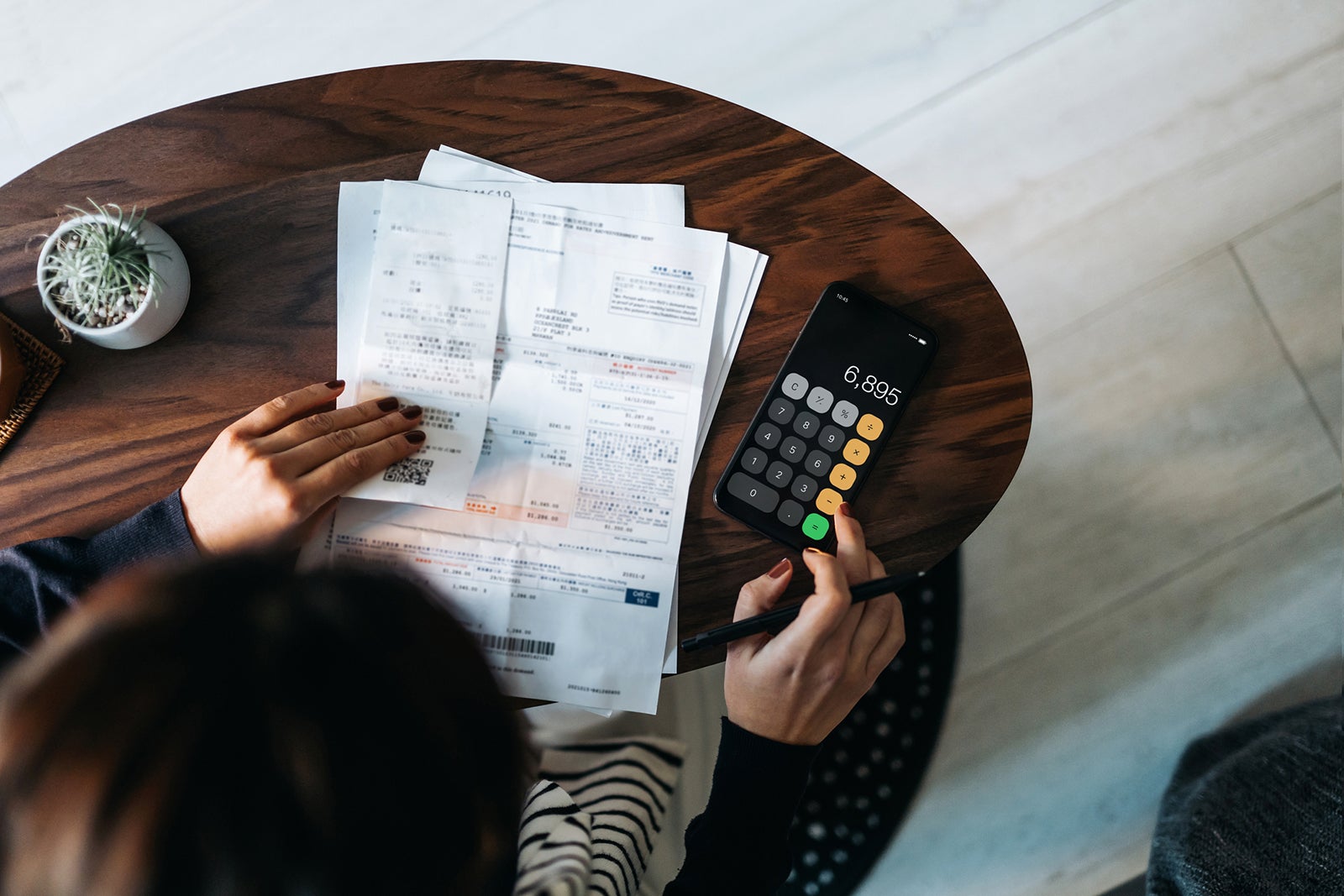How to avoid late fees and overdraft fees

Late payment fees and overdraft fees can serve as important sources of income for credit card issuers and banks, usually at the expense of consumers. In fact, Americans pay an estimated $12 billion in credit card late payment fees each year.
So, how much are these fees? How to avoid it? This is what you need to know.
What is late payment fee?
When you miss the minimum payment deadline for your credit card, late fees are charged. The exact deadline depends on your card issuer – some require payment before 5pm Eastern Time (their workday ends), while others allow you to pay until midnight on due date. If you miss the deadline, you may be charged a late fee, usually in the range of $20 to $40.
Related: How to Save Credit Scores After Delayed Payment
How to avoid late payment fees
To avoid late fees, minimum payment is made through the credit card issuer at least at the expiration date deadline. Deadlines vary – Some banks need to pay by 5 p.m. ET, while others allow until midnight, so be sure to check the issuer’s policy.
Paying the minimum amount payable will help you avoid late fees and other fines such as interest rate increases or annual percentages.
However, paying only the minimum amount payable can result in other fees, such as interest on the credit card balance. The best way to avoid paying interest on your credit card is to pay your full balance every month.
If you are worried about losing your due date, consider setting up auto-sales at least to make sure your payments are always on time.
Related: TPG’s 10 Credit Card Commandments Rewards

Daily Newsletter
Reward your inbox with TPG Daily Newsletter
Join over 700,000 readers for breaking news, in-depth guides and exclusive deals from TPG experts
What is overdraft fee?
Late fees apply to credit cards, while overdraft fees are tied to your checking account. Overdraft fees occur when your account balance is below zero – either because your spending exceeds your own expenses, or because you withdraw funds that have not yet been available.
For example, if you store a large check that is put on hold and then withdrawn before those funds are cleared, your account may be overdrafted. In these cases, banks usually charge overdraft fees – usually around $35 per transaction.
These fees are similar to the fees charged for bounce checks, which occur when you return the check when you have insufficient funds in your account.
How to avoid overdraft fees
The easiest way to avoid overdraft fees is to keep your checking account balance positive and avoid spending more than the actual available fees. But this can get tricky due to deposits and debit cards.
Be aware of deposit holdings – Banks may delay their chances of obtaining funds from large checks or other deposits, sometimes for a few days. If you spend money before it is officially available, your account may turn negative, triggering an overdraft fee.
Debit card holding can also be bundled with funds. For example, a hotel or car rental company may stay in the debris for the time being. This money is usually unable to be spent or withdrawn after a few days after evacuation.
Related: 5 Things to Do About Debit and Credit Card Holding
To avoid overdrafts, be sure to check your available balance (not just your account balance) before making a payment or withdrawal. And make sure you understand the bank’s deposit availability policy to avoid surprises.
Related: 4 Reasons You Shouldn’t Use a Debit Card
Bottom line
No one likes to pay extra – the good news is that many people can avoid it. By paying your bills on time, keeping a close eye on your account balance, and understanding how deposits and debit cards work, you can avoid unnecessary fees. Most importantly, try to spend on your means.
If you find it difficult to manage your debt, know that you are not alone. These resources may be helpful:







